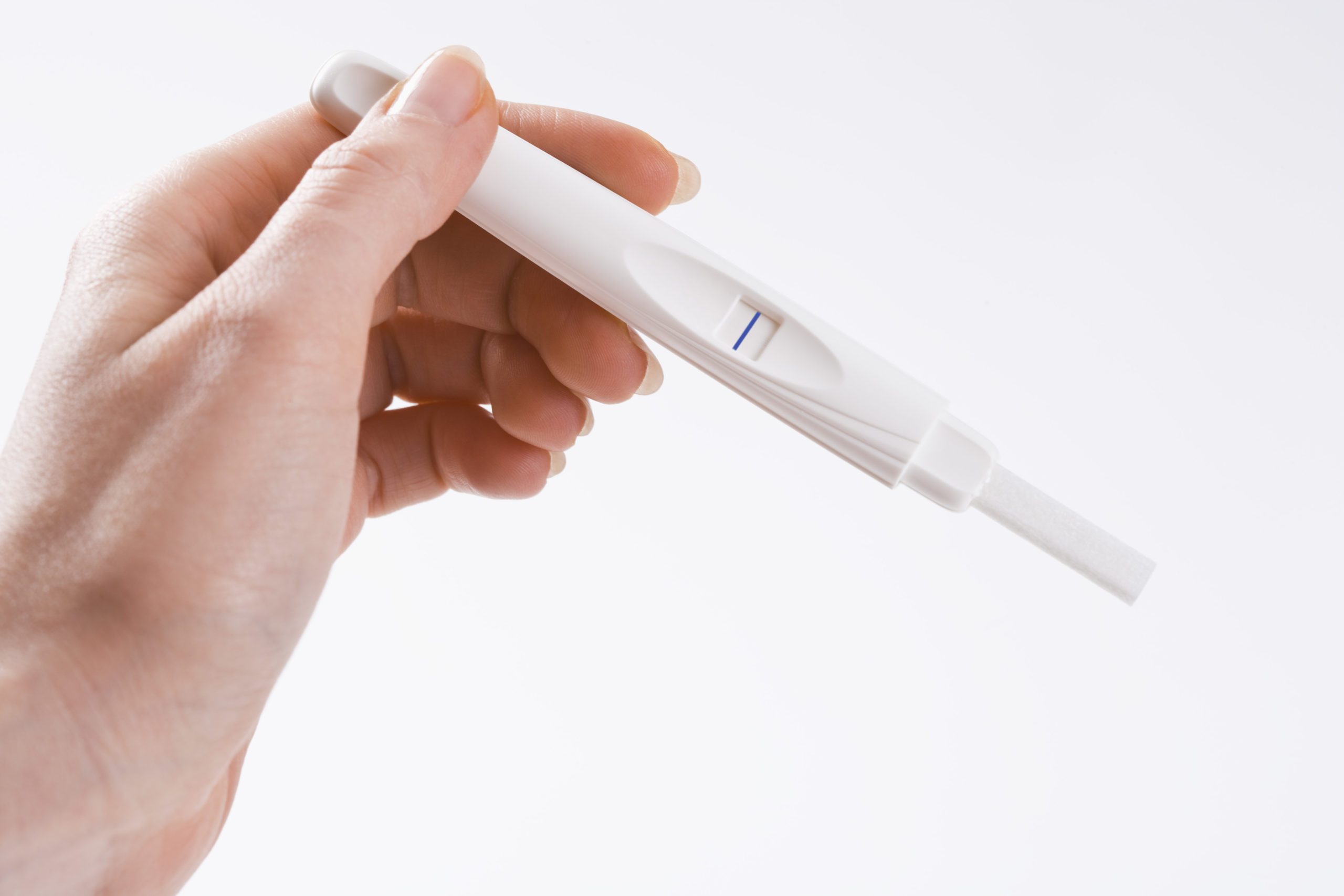Introduction: Can a Girl Get Pregnant Without Having Her Period?
This article is about the question, “can a girl get pregnant without having her period?” The answer depends on the menstrual cycle. In order to get pregnant, there needs to be an egg released from the ovaries and then fertilized by sperm. If your menstrual cycle is regular, it’s possible for you to get pregnant without having a period.
The menstrual cycle is a process that women go through every month where they have periods, ovulate, and become fertile. The length of time between one period and another varies from woman to woman but can range anywhere from 3-6 months. During this time, a woman is capable of getting pregnant if she has unprotected sex with her partner when she’s fertile.
Step 1: Tracking Your Period
This section will teach you how to track your period. This is important because knowing when your period is coming can help you plan ahead. You may be able to prepare for it and avoid a lot of the problems that can come with menstruation. Some of the things you may want to do are get enough rest, eat healthy, and drink plenty of water.
The first step in tracking your period is understanding what it means to have a menstrual cycle. A menstrual cycle is usually around 28 days long and starts on the first day of bleeding (day one). It ends on the day before your next period starts (day 27). So if you have a 28-day cycle, then your next period will start on day 25 or 26, depending on which day it falls on in the month. If you have a shorter or longer cycle than this, then just count from the first day of bleeding until your next one starts up again.
Step 2: Checking Ovulation with a Test or Charting Cycle Lengths
Ovulation tests are a good way to track your ovulation cycle. They detect the hormone LH, which is released by the pituitary gland in response to an egg being released from the ovaries. Ovulation tests work by detecting a surge of LH in the urine.
There are some other ways to know when you’re ovulating. One of them is tracking your menstrual cycle lengths. If you have a 28 day cycle and it’s been 28 days since your last period, then you can predict that you’ll be ovulating in 7 days or so (28 minus 14).
Step 3: Avoid Intercourse on Days of Low Fertility
The use of contraception methods is the most common way to avoid pregnancy. However, there are many other ways to avoid pregnancy too. One such way is abstinence. Abstinence means not having intercourse on days when the woman is most fertile. The abstinence method can be used by people who don’t want to have sex for religious or cultural reasons or if they have been diagnosed with a sexually transmitted infection (STI). It is also used by people who are trying to become pregnant but want to wait until they have had a period before starting unprotected sex.
Abstinence can be practiced as an effective method of birth control if it is done correctly and consistently. It has no side effects and does not interfere with any other medications that you may be taking, but it does require that you discipline yourself enough to abstain from any sexual activity on the days when your fertility would be at its highest level, which would usually be around ovulation time (around 14 days from your last menstrual period
Step 4. Make Sure the Guy Has Good Sperm Quality and Plenty of it
Sperm count is a measure of the number of spermatozoa in a man’s ejaculate. It is the most important factor in fertility.
Sperm count and quality are two different things. A man can have a high sperm count but low quality, or vice versa. The key to infertility is not just low sperm count but also poor sperm quality and motility.
A man’s fertility depends on many factors, one of which being his age and lifestyle choices such as smoking, alcohol consumption and drug use. Sperm production typically peaks at age 18 to 20 then declines with age, with men over 40 having about half the number of sperm as younger men.
How Is the Chance of Getting Pregnant Higher During Certain Times of the Month?
The chance of getting pregnant is higher during certain times of the month, but it also depends on the age and fertility status of the woman.
There are many factors that determine how your ovulation cycle will progress and how high your chances of getting pregnant are.
The most important factor is age. The younger you are, the more likely you are to get pregnant. Age can also affect your fertility status, which means that if you’re over 35 years old, you have a lower chance of getting pregnant naturally than when you were in your 20s or 30s.
How Does Your Diet Affect Your Chances of Conception?
It is important to know how your diet can affect your chances of conception.
There are many factors that can affect fertility, but the most important one is diet. This article will explore what you should and shouldn’t eat to improve your chances of becoming pregnant.
A healthy diet is essential for maintaining good health and a healthy body weight, which are both necessary for having a healthy pregnancy.
It’s not just about the food you eat though; it’s also about the time you spend sitting down and the amount of exercise you get each day.
Conclusion and Discussion Section on What All This Means For You And Your Partner Going forward
The AI writing assistants are going to make the lives of copywriters and content writers a lot easier. They will be able to focus on what they do best – creativity and emotions, while the machine handles the work of generating content ideas at scale.

